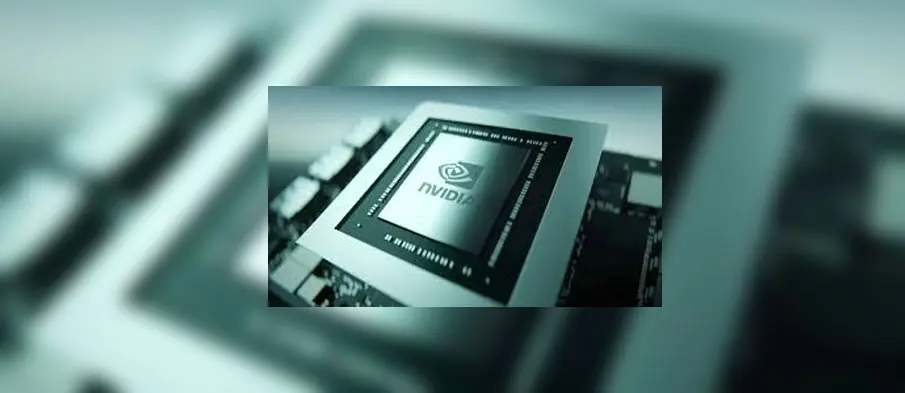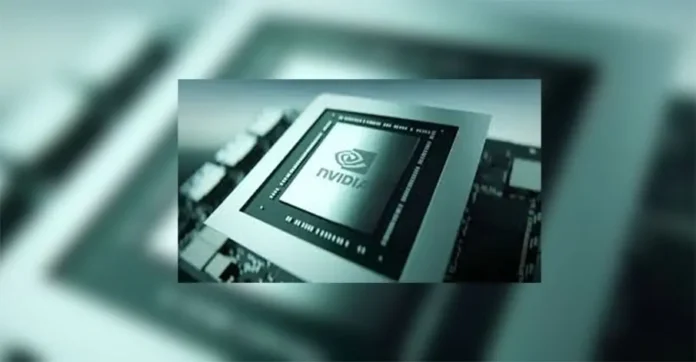
Nvidia announced Monday that it is seeking U.S. government approval to resume sales of its H20 AI chips to China, following a turbulent period marked by shifting export controls under the Trump administration. The company expects to receive licenses soon and begin shipments shortly after, according to a blog post.
The H20 chip is currently Nvidia’s most powerful AI processor that can legally be sold to China under existing U.S. restrictions. Designed primarily for “inference” tasks — running AI models rather than training them — the H20 has become critical to Chinese tech firms. ByteDance, Tencent, and Alibaba reportedly stockpiled the chip earlier this year, attracted by its strong memory bandwidth and compatibility with Nvidia’s popular software tools.
To further align with U.S. regulations, Nvidia also unveiled a new chip tailored for China, dubbed the “RTX Pro,” which it describes as “fully compliant” and optimized for industries like smart manufacturing and logistics.
The drama around the H20 began in April, when the Trump administration implemented a ban targeting AI chips exceeding certain technical thresholds, including memory bandwidth above 1,400 GB/s. Analysts estimated the ban could have impacted $15 billion to $16 billion in potential Nvidia revenue based on demand from Chinese companies in Q1 2025.
However, the restriction was short-lived. Following a $1 million-per-seat dinner hosted by former President Donald Trump at Mar-a-Lago in April — which Nvidia CEO Jensen Huang reportedly attended — the administration paused the ban. NPR reported that the U.S. softened its stance after Nvidia committed to investing in domestic infrastructure. Just days later, Nvidia revealed a plan to build AI data centers in the U.S. worth up to $500 billion over four years, in partnership with TSMC.
The reversal drew criticism from lawmakers concerned about weakening national security policies. They cited companies like DeepSeek, a Chinese AI startup that created a competitive model using Nvidia’s previously banned H800 chips, to emphasize the risks.
Nvidia spokesperson Hector Marinez said Huang is in active discussions with officials in both Washington and Beijing, “emphasizing the benefits that AI will bring to business and society worldwide.”
The episode highlights the delicate balance between national security and commercial interests, a dynamic that will likely continue to shape U.S. tech policy in the months ahead.





